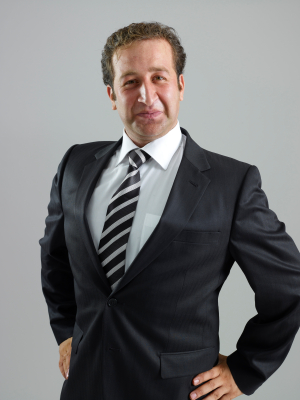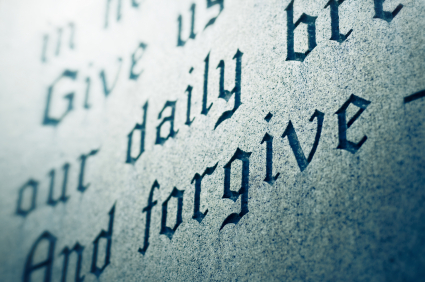 I have to too much pride to be prideful. A few days ago, I was discussing leadership with my friend Cindy Hopkins. Pride became a topic of discussion as she had been reading Lead Like Jesus, by Ken Blanchard.
I have to too much pride to be prideful. A few days ago, I was discussing leadership with my friend Cindy Hopkins. Pride became a topic of discussion as she had been reading Lead Like Jesus, by Ken Blanchard.
Mr. Blanchard defines pride as an overly high opinion of yourself, exaggerated esteem of self, haughtiness, and arrogance. For good measure he adds Romans 12:3, “Thinking about yourself more than you should.”
Well I must admit, while Cindy was speaking I was thinking of all those poor saps who are so full of themselves. There really are some pride filled folks out there. You know those individuals that have a high and mighty attitude that have so much pride they could never have pride.
The next morning in my daily devotionals I come across this, “When pride comes, then comes disgrace, but with the humble is wisdom – Proverbs 11:2 ESV.” Of course, I am thinking, “Praise God there is wisdom for the humble.”
The following day my devotionals actually found a crevice to sneak into my heart. “And Moses called Bezalel and Oholiab and every craftsman in whose mind the LORD had put skill, everyone whose heart stirred him up to come to do the work.” ( Exodus 36:2 ESV) Nothing about pride, but humbling to see the skills of the craftsman had little to do with the men. Their skills had everything to do with the Lord who graciously gave them.
They were wired by God with skills like an electrician wires a house for electricity. The house certainly can’t take credit.
Obviously that was not enough for me, so the New Testament reading for the day brought me to John 15:5. “I am the vine; you are the branches. Whoever abides in me and I in him, he it is that bears much fruit, for apart from me you can do nothing.”
Anything of worth in my life is not a blessing from me. I like to pridefully take credit for the great things. The reality is the fruit is not my working. It is His.
As a leader, it sure is easy to fall into this trap. Pride is so omnipresent. It pours from my flesh like sweat on a hot South Georgia day. I wish good ole sweet iced tea could quench it!
For me when I think I have most escaped it, I have fallen head long into pride. The moment I take credit, humility has left the building.
On most days the best pride defeater is having the ability to recognize my pride-meter rising. Following the guidance of Mayberry’s Barney Fife, this is the time to “nip it in the bud.” Once nipped, I don’t take credit! But then I must be careful that I don’t have pride in my ability to recognize and stop my prideful behavior.
Pride is a well hidden, intricate trap indeed.
How do you fight the omnipresence of pride?
What are your thoughts on the label, too much pride to be prideful? Have you been there?




